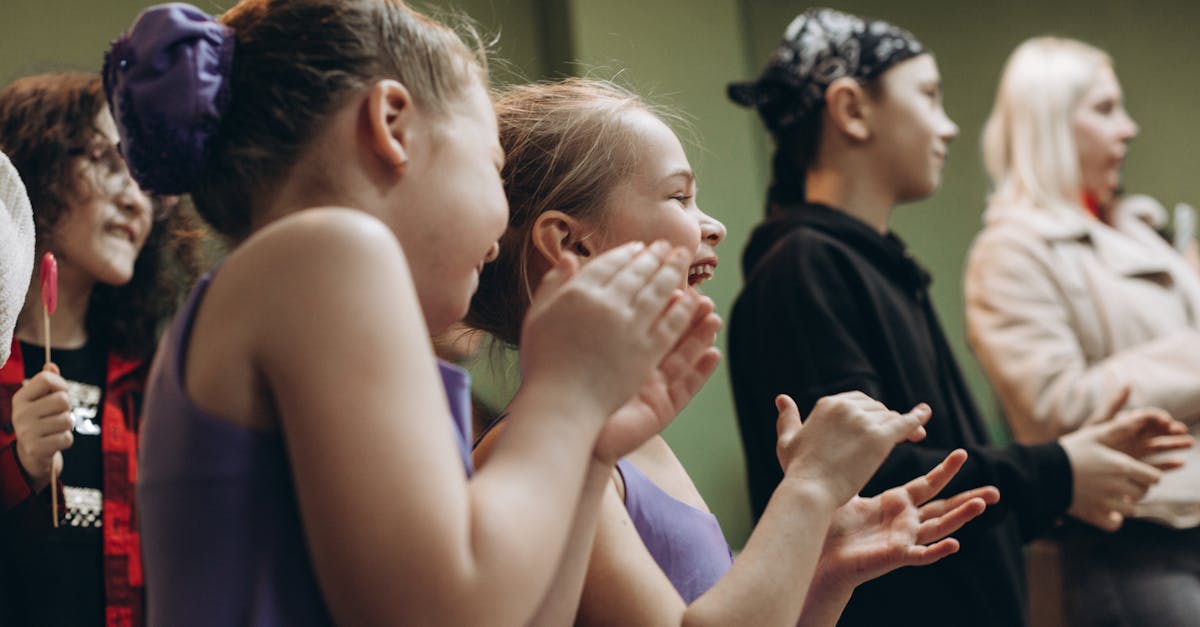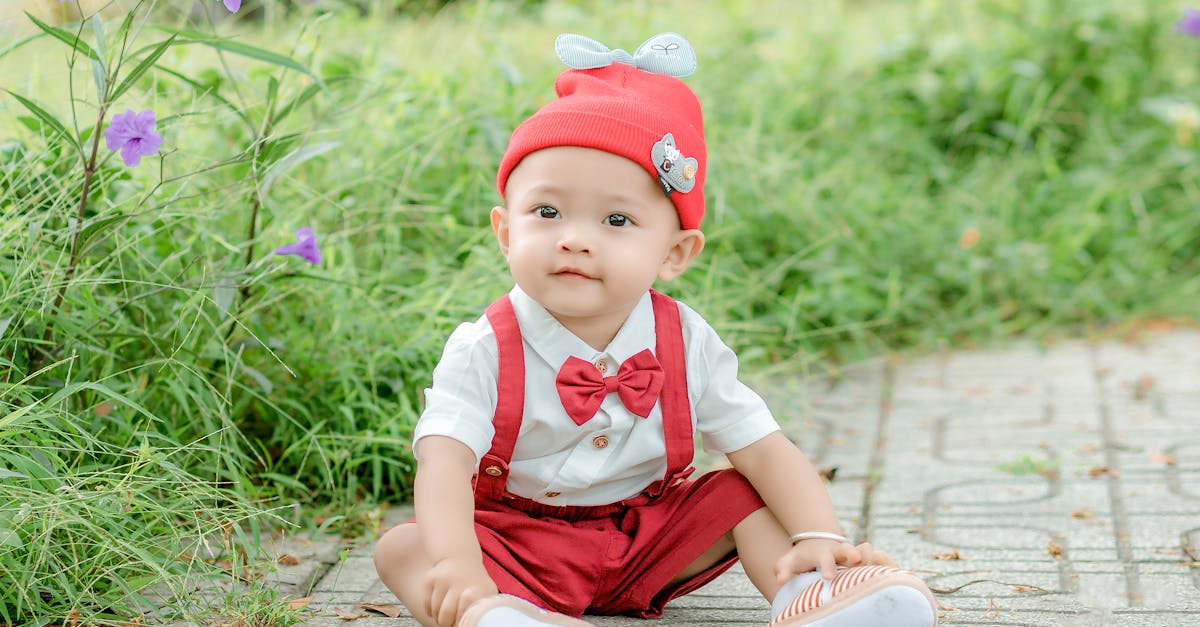The Magical Soundtrack of Growth
Ever noticed how your baby’s eyes light up at the sound of a sweet melody? It’s not just adorable – it’s science in action. Music, with its rich spectrum of melodies and rhythms, is more than a universal language; it’s a vital tool in your baby’s developmental toolbox. From enhancing memory to boosting language skills, the benefits of introducing music early on in life are immense.
So, let’s dive into the tuneful journey of music and its miraculous role in your baby’s growth, whipping out some melodies that might just make Mozart proud (or at least make for some cute, off-key babbles).

Musical Notes and Language Skills
The relationship between musical exposure and language development in babies is fascinating. Through the simple act of singing lullabies, you’re not just soothing your little one; you’re orchestrating the foundation of their language skills.
Music’s repetitive and rhythmic nature helps infants discern patterns, making it easier for them to understand and acquire speech. Think of it as laying down the beats to the complex symphony of language. And yes, those endless renditions of ‘Twinkle, Twinkle, Little Star’ are more productive than you thought!

Emotional Echos: Music and Mood Management
Music is not just a feast for the ears; it’s a powerful emotional conduit for babies. Different types of music can elicit different responses, helping babies explore a wide range of feelings from joy to comfort. This musical mood management is an early form of emotional intelligence, setting the stage for healthier coping mechanisms down the line. It’s like having a tuneful toolkit for life’s ups and downs, proving that sometimes, a good beat really can solve anything (or at least make it feel better for a while).

Summary:
- Music plays a crucial role in managing emotions.
- Exposure to different types of music helps babies experience various feelings.
- Music contributes to the development of emotional intelligence in infants.
- A good beat can positively impact mood and provide comfort.
The Rhythm of Coordination: Music and Motor Skills
Clap your hands, tap your toes, and let’s not forget about those adorable baby bops. Music is a sterling coach when it comes to motor skills development. The beat compels movement, which, in turn, enhances coordination and timing. It’s almost as if music is the secret ingredient in developing the grace of a gazelle (or at least mastering the art of not bumping into furniture). Encouraging movement through music is not just fun; it’s a critical step towards physical confidence and competence.

Music has a way of syncing with our bodies, encouraging us to move in synchrony. Whether it’s a toddler swaying to a lullaby or a professional dancer mastering complex choreography, music plays a vital role in refining our motor skills.
Creating a Musical Bond: Shared Playlists for You and Baby
Sharing musical moments can strengthen the bonds between you and your baby, creating lifelong memories and a special, unspoken language of love. Whether it’s a dance-off in the living room or a serene lullaby session before bed, these shared playlists of the heart offer a unique way to communicate and express affection. It’s about creating a soundtrack for your baby’s childhood, one that’s filled with laughter, warmth, and, yes, perhaps even a few off-key duets.

